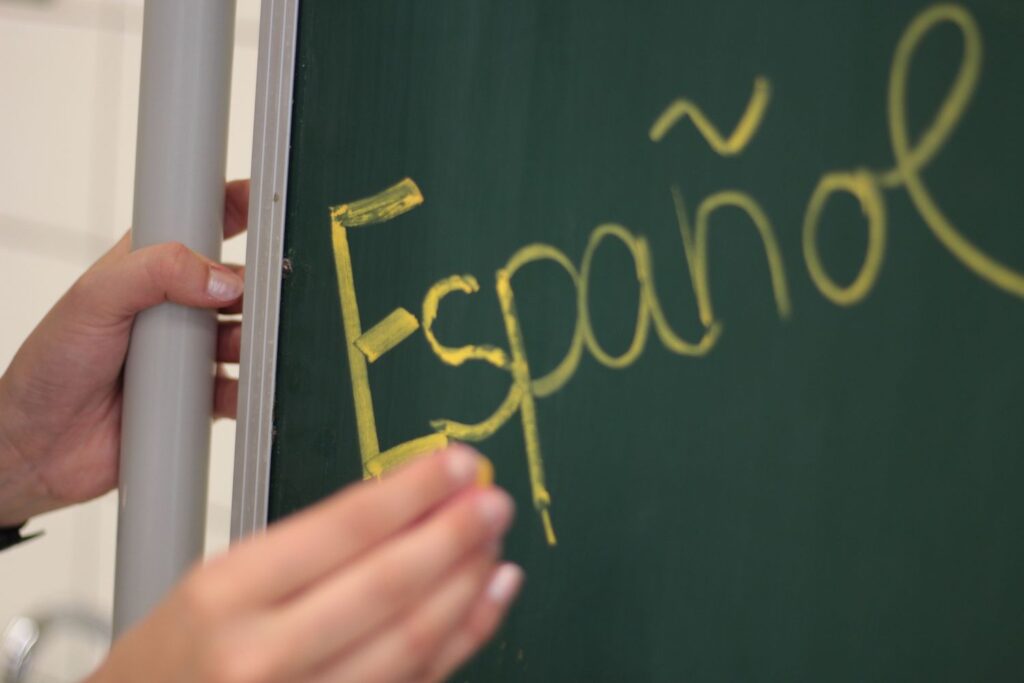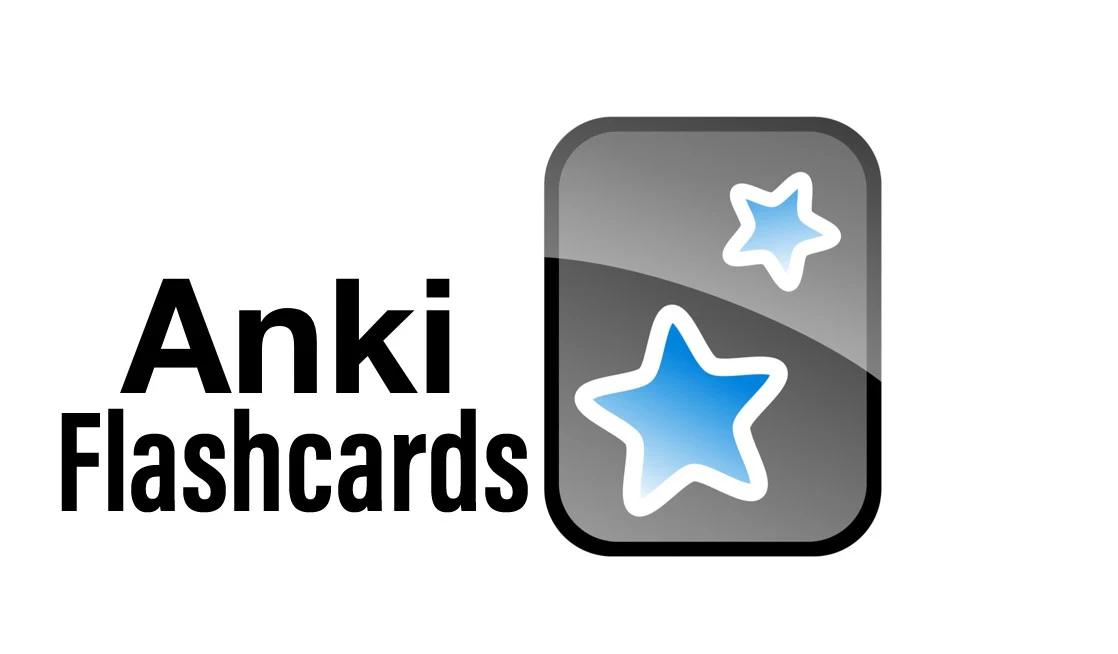Pronunciation in a foreign language is critical because it affects a native speaker’s ability to understand you. It may also affect your confidence when speaking if you have to keep repeating yourself. You should be aware of the phonetics and the pronunciation of a language early on and continue to build on them during your language journey. Don’t overly stress about your accent, though; it’s ok to have an accent in a foreign language. Instead, your goal should be to be easily understandable. I wouldn’t recommend going for a perfect native-like accent unless that’s something you are really interested in. In Spanish, it is relatively easy to have good pronunciation and be understood, but it is very difficult to have a native accent. However, good pronunciation also won’t come immediately. It takes time. When you first start studying Spanish, you won’t be able to hear many of the subtle differences between sounds, but as you become more familiar with the language, you will build an ear for it.
The first step to good pronunciation is mastering the alphabet. Use the link below to review and practice the Spanish alphabet and pronunciation. This course will cover everything you need to know as a beginner.

Practicing with Native Speakers
After learning the basics of Spanish pronunciation, practicing with native speakers and having them point out your pronunciation mistakes will help your speaking abilities a lot. You can use language exchange sites like the ones listed below to connect with native speakers. I recommend Conversation Exchange if you’re looking for someone more serious about language learning. Once you’ve found a good partner, it’s a good idea to switch to a platform like WhatsApp or Discord to stay in touch more easily and schedule calls. Be clear that you are a beginner, and you’re looking for someone to help you practice your pronunciation. You’ll want to find someone who is high-intermediate to advanced in English, so you can easily communicate. Many natives will jump at the chance to help a beginner because they know they will get a lot of English practice out of it.
If you’re a young woman, especially a native English speaker, it can be overwhelming how many people reach out. That’s why I suggest focusing on finding just one person you connect with, then moving the conversation to a different platform. Sometimes you will come across older people who teach their native language as a hobby and way to connect with others. They often make really good language exchange partners for beginners, and they usually don’t care if English isn’t your native language.

Once you have a language partner, the next step is to schedule a practice session, either over voice or video call. I recommend keeping calls between 30 minutes to an hour. Before the session, discuss with your partner what they hope to get out of the exchange, so you’re both on the same page. For your part, prepare by finding a few short articles in Spanish to bring to the session. If it’s a video call, you can share your screen so your partner can follow along with the text. If it’s a voice call, send them the article in advance. During the call, read the article out loud, doing your best to pronounce each word clearly. Ask your partner to write down any words or sentences you struggled with, either in the chat or in a shared document. Once you’ve finished reading, have them send you their notes. Then, go over each word or sentence together, focusing on correcting your pronunciation one mistake at a time.
Keep in mind that some partners are better at catching and correcting mistakes than others. If your partner isn’t very attentive or helpful in this area, it’s okay to find someone who better suits your needs. When I end language exchange communications, I usually just politely tell them that I don’t have the time to schedule more meetings. Most understand that this isn’t necessarily a long-term exchange. Another good practice is to record your language sessions, so you can go back and review your mistakes. However, make sure you get your partner’s permission before you do this.






